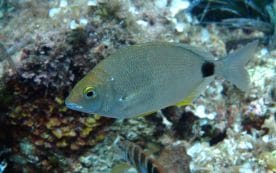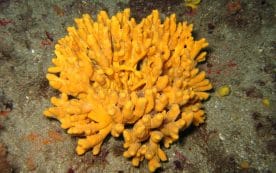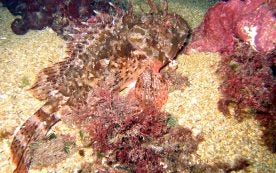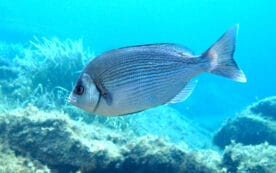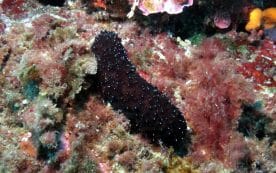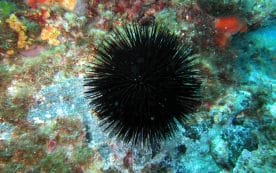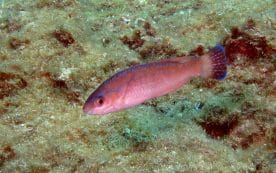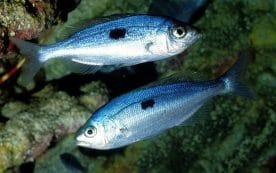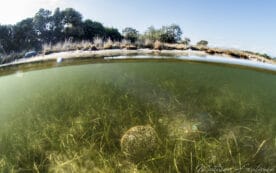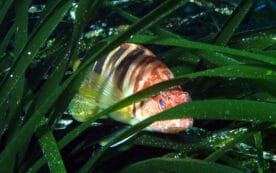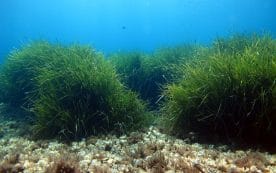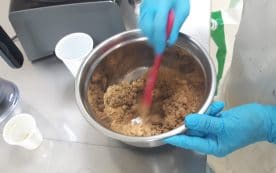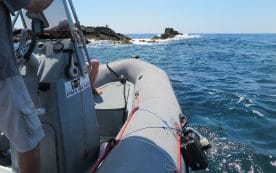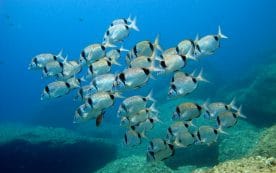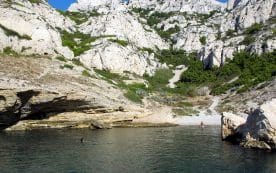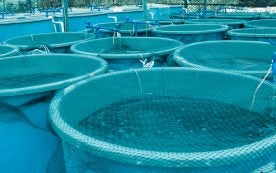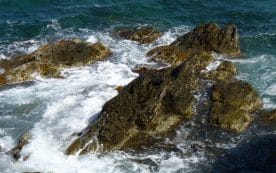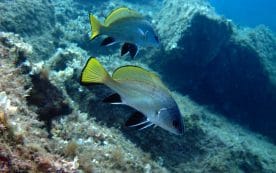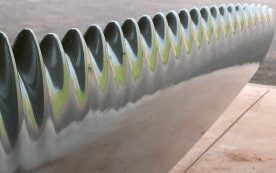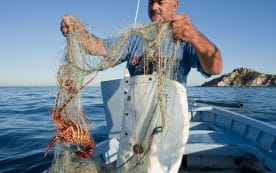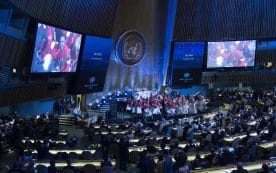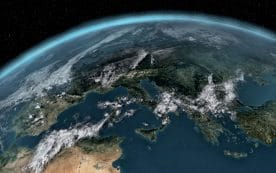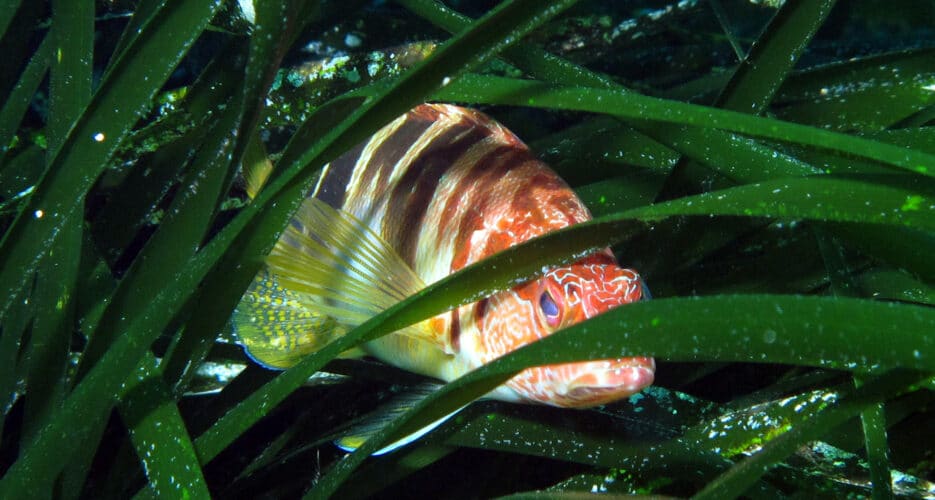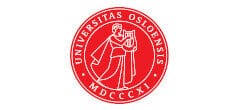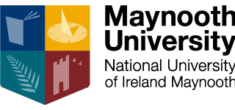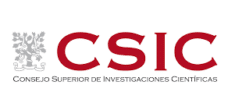Context
The overall concept of the MaCoBioS project is to propose cost-effective mitigation and adaptation nature-based solutions to tackle the effects of climate change by disentangling the relationship between climate change, biodiversity and ecosystem services in marine coastal ecosystems under complex combinations of stressors.
However, very few research programmes have considered together the inter-relations between CC, biodiversity and ES.
The project ‘Marine Coastal ecosystems Biodiversity and Services in a changing world’ (MaCoBioS) will fill this gap.
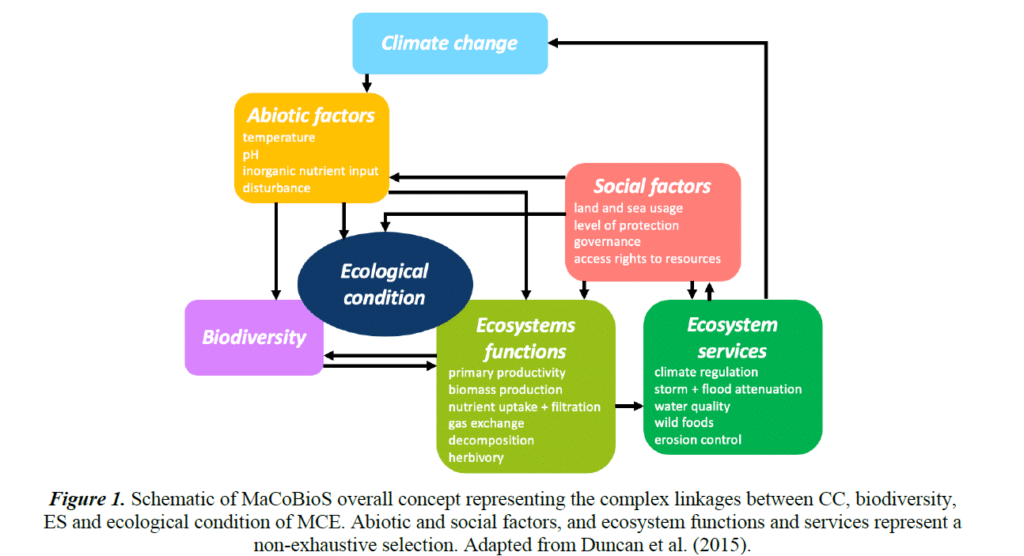
(Copyright: MaCoBioS)
MaCoBioS, it is also a multidisciplinary team of experts from institutions across Europe and its outermost territories necessary to tackle its overall objective.
The consortium is composed of 16 partners institutions including 8 Universities, 5 Research Institutions, 2 SMEs and 1 International Organisation.
MaCoBioS will also benefit from the experience and knowledge of the SAR-LAB programme.
Programme
Objectives: The overall objective of MaCoBioS is to ensure effective and integrated management and conservation strategies for European marine coastal ecosystems to face climate change.
To address this overall objective and the expected impacts of the call, a set of specific objectives (SOs) has been determined:
-SO1: Develop new empirical models on the interaction between climate change, biodiversity, functions and services in marine coastal ecosystems,
-SO2: Establish a framework to assess the vulnerability of marine socio-ecological systems under climate change scenarios,
-SO3: Evaluate the effectiveness of nature-based solutions and protection measures at enhancing the resilience capacity of marine coastal ecosystems,
-SO4: Provide evidence-based guidance for marine policy formulation and innovative research pathways.
Phase 1
For operational purposes the project has been divided into WPs organised as a matrix with CSs integrated across the four research WPs (WP1 to 4) to ensure integration and information transfer within and across regions.
The Institute is in charge of the work package 3: WP3, Nature-based solutions to climate change adaptation and mitigation.

(Copyright: MaCoBioS)
Main Objective: To compare and validate existing long-term solutions supported or inspired by nature to cope with CC threats on relevant MCE, from a local to a broader marine eco-region scale covering multiple governance systems.
SO1: To compare, at the seascape level, the ecological effectiveness of NBSs supported or inspired by nature to sustain ecosystems in good ecological condition and full provisioning of ES on the long-term.
SO2: To assess the technical capacity of implementation, limits and potential long-term drawbacks and benefits of each identified NBS.
SO3: To identify the most suitable NBSs at the eco-regional scale, allowing facing multiple risks arising from the complex interplay between climate and human-induced pressures.
Last updated on : 24 February 2022

